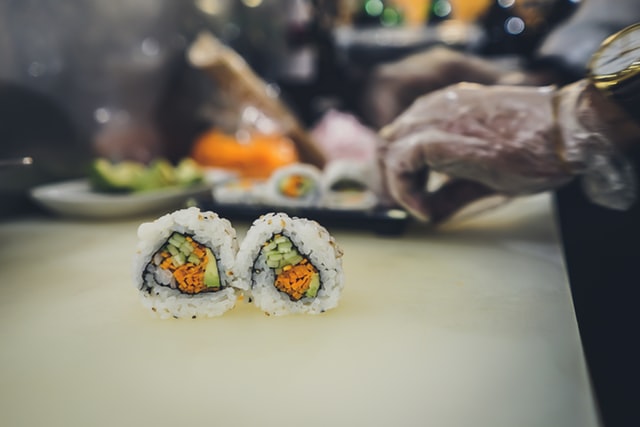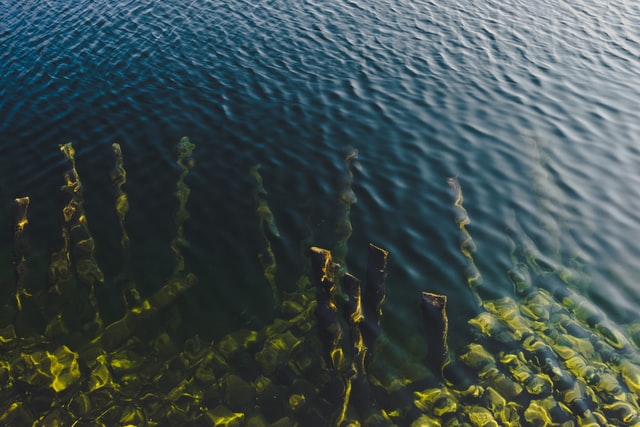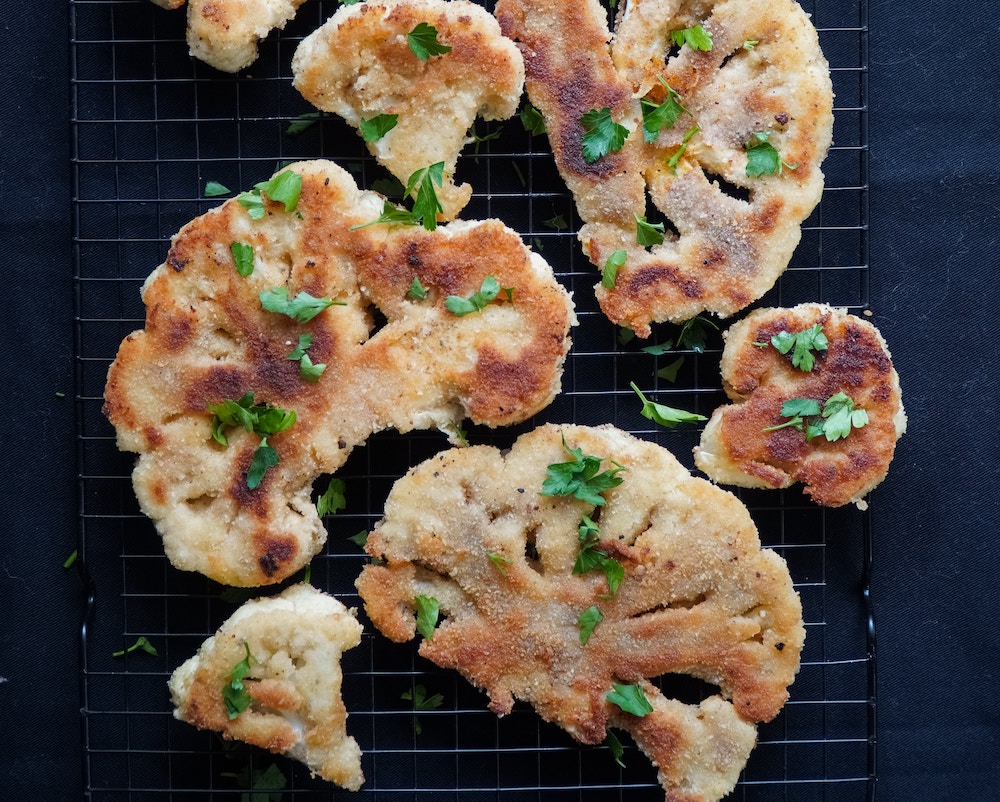Although every vegan is advised to take B12 supplements, there are a few other nutrients that vegans might neglect if they don’t make an effort to eat certain plant foods. One nutrient that some vegans could be missing out on? Iodine. Iodine is definitely an essential nutrient, and when you stop eating animal products, you might have a gap to fill. That’s because most people get their iodine from seafood like tuna or dairy products like milk, yogurt, and cheese, which contain iodine because cows’ feed is generally supplemented with it. In a 2016 study comparing nutritional intake of Finnish vegans and non-vegans, 100% of the vegans and 91% of non-vegans had lower than recommended level of iodine. A 2018 study published in Nutrient found that of groups defined by age, pregnancy status, and vegan/vegetarian diet, children were the most likely to have adequate iodine intake and vegans were the least likely.
Iodine is important because it affects your thyroid function, and your thyroid helps to regulate your hormones. Having an underactive thyroid can throw your hormonal balance out of whack, and it can even result in conditions like hypothyroidism. However, you don’t want to get too much iodine, either—overdoing it can result in iodine toxicity, which can lead to other conditions like hyperthyroidism and thyroid cancer. This is why supplementing with iodine can be risky—if you take too much over a long period of time, you could end up dealing with some awful symptoms and potentially facing serious health complications down the road.

Iodine is also crucial for pregnant and breastfeeding women. It is key for brain development, so pregnant women should generally aim to consume more iodine than the average adult. And parents should double-check that their children are getting enough iodine, too—it’s essential for cognitive development in young kids.
You’re probably wondering how much iodine you should try to eat in a day. Adults and teenagers should aim for about 150 micrograms per day. For pregnant women, that recommendation increases to 220 micrograms per day. And if you have kids, you should try to ensure that they are getting anywhere from 90 to 130 micrograms per day.
Is it really that hard to get enough iodine as a vegan? Thankfully, the answer is no. But if you recently made the switch, and the bulk of your iodine intake used to come from eating seafood and dairy, you may need to incorporate some different plant-based sources to make sure that you’re getting enough.
The easiest way to get a little extra iodine into your diet so that you can meet the recommendations? Just sprinkle some iodized salt into your meals while cooking. Unless your doctor has specifically instructed you to be very strict about your sodium intake and told you to cut down, using iodized salt as a recipe calls for should not present any health risks to the average person. You don’t need to overdo it to reap the benefits!
It is also entirely possible to get some iodine from vegetables. However, vegans should note that sometimes, it can be hard to tell just how much iodine is in a particular vegetable. This is because the iodine levels depend on the quality of the soil it was grown in. Therefore, estimates can vary, so it’s important to eat a wide variety of vegetables on a regular basis. If you prefer to follow a whole foods, plant-based diet, you’re probably already doing that, but if not, it never hurts to incorporate a few more veggies into your typical meals!
So, which vegetables are higher in iodine? Think green: green beans, kale, and zucchini. Salads with spring greens or sandwiches with watercress lettuce are also great choices.
There are a few other plant-based foods that contain iodine. You can snack on strawberries, or you can cook up potatoes—just make sure to leave the skin on, because that’s the part that contains iodine. Baking French fries at home is an easy way to make a healthy side dish! Plus, you can also get iodine by eating whole grains. Even if you’re trying to go easy on grains, a slice of whole wheat bread won’t hurt.

One especially tasty way to increase the amount of iodine in your diet? Vegan sushi! Seaweed and other sea vegetables are high in iodine. So if you needed an excuse to eat more vegan sushi, here it is.
Overall, vegans don’t need to stress about being low on iodine—but getting all the iodine that you need can take a little extra effort. If you’re doubtful that you’re getting enough through your diet alone, you could always take a good multivitamin. As long as you’re careful about how much you choose to supplement and proactive about getting iodine in your diet, you’ll have no problem with your iodine intake as a vegan.
Also by Jane: Depressed? Why You Should Consider These Vegan Sources Of Vitamin D
How Coffee Affects Your Hormonal Health
Get more like this—Sign up for our daily inspirational newsletter for exclusive content!
__
Photo: Unsplash




